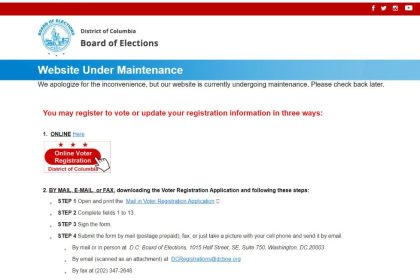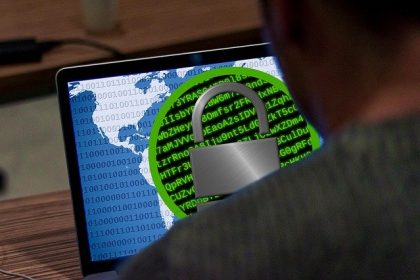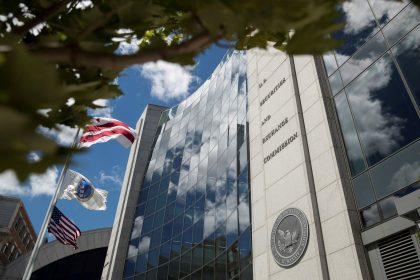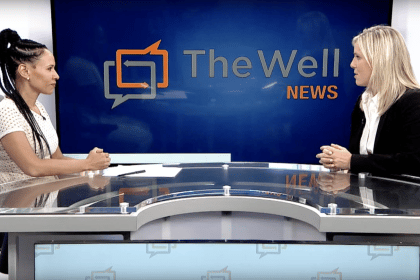Government Tries to Play Catch-Up Against Fast-Moving Cyberattacks

WASHINGTON — Congress took a stab Thursday at improving the nation’s cybersecurity as the federal government mobilizes more resources against ransomware and hackers.
Both President Joe Biden and members of a House Homeland Security subcommittee described threats to U.S. computer systems as a potentially devastating economic risk.
“The number of high-profile cyber incidents over the past year has emphasized just how essential cybersecurity has become,” said Yvette Clarke, D-N.Y., chairwoman of the cybersecurity, infrastructure protection and innovation subcommittee.
Her subcommittee held its hearing on recruiting more cybersecurity personnel one day after Biden signed a national security memorandum that seeks to protect critical infrastructure.
It orders the Departments of Homeland Security and Commerce to develop “cybersecurity performance goals for critical infrastructure.” It also establishes an industrial cybersecurity control system.
Even as the president announced the initiatives, Biden administration officials acknowledged they were voluntary, potentially leaving security gaps that could be exploited by hackers.
A recent report by the cybersecurity firm Sonicwall found that ransomware attacks in North America increased 158% between 2019 and 2020.
Another recent report by the computer security firm Comparitech said cyberattacks against U.S. government organizations affected 71 million Americans and cost more than $18 billion in downtime and recovery.
Examples discussed at the congressional hearing included the SolarWinds and Colonial Pipeline cyberattacks.
SolarWinds was a Russian cyber spying attack against 18,000 computer networks operated by the U.S. and foreign governments as well as public policy foundations.* It exposed sensitive information that government officials are still trying to track down.
The Colonial Pipeline attack was a ransomware demand in May by Russian-based thieves against an oil pipeline system that originates in Houston and carries gasoline and jet fuel mainly to the Southeastern United States. It shut down computerized equipment managing the pipeline for six days until company officials paid a $4.4 million ransom in Bitcoin.
Clarke cited a report saying the United States fell short of its need for a skilled cybersecurity workforce to counter the attacks by about 460,000 personnel.
“We will need a multi-pronged approach that focuses on training the cybersecurity workforce of the future in schools and universities, re-skilling existing workers for the jobs that are currently available and making sure we have the right training in place” for a variety of challenges, she said.
Several bills are proposed in Congress that would increase federal funding for cybersecurity education and training.
“Quite simply, we will continue shouting into the wind until we fix these issues,” said Rep. Andrew Garbarino, R-N.Y.
Much of the discussion among witnesses at the congressional hearing was directed at the best strategy for achieving the workforce lawmakers want.
Tony Coulson, a professor of cybersecurity for California State University at San Bernardino, suggested wider use of apprenticeships by government agencies.
“I think the apprenticeship model has been incredibly underused,” he said.
The training would not require four-year college degrees but shorter, more-targeted educational programs like the ones offered at community colleges.
“I think community colleges in general are really an economic engine,” he said.
Max Stier, president of government workforce development organization Partnership for Public Service, said increased federal spending would be vital.
“We need to get more young people in government” handling cybersecurity, he said.
He recommended the U.S. government act promptly amid increasing threats of cyberattacks.
“By the time you get where you think you need to be, you’re already behind the curve,” he said.
Another breach of cybersecurity was revealed Thursday by Comparitech.
“A mysterious marketing database containing the personal details of an estimated 35 million people was exposed on the web without a password,” the security firm said on its website. “The database included names, contact information, home addresses, ethnicities and a wealth of demographic information ranging from hobbies and interests to shopping habits and media consumption.”
* According to the Cybersecurity and Infrastructure Security Agency, of the 18,000 customers that downloaded an affected version of the SolarWinds Orion software "a much smaller number have been compromised by follow-on activity on their systems."
























